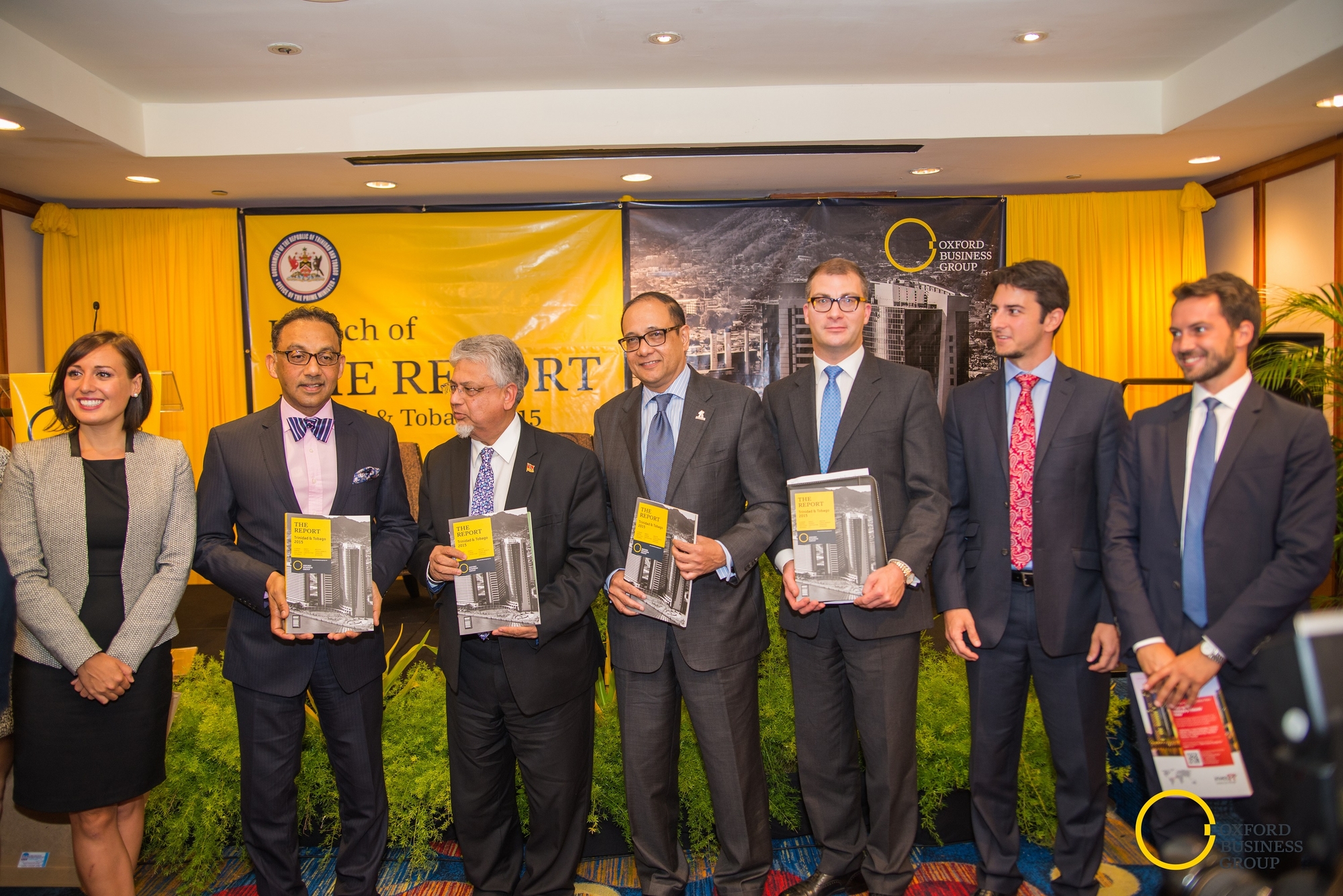AfCFTA Drives Optimism Among Africa’s CEOs Despite COVID-19 Uncertainty
African CEOS expressed optimism about their business and economic growth over the next 12-18 months. A new survey of African CEOs from 46 countries conducted by PAFTRAC, the Pan-African Private Sector Trade and Investment Committee, found that CEOs were confident that their businesses will grow in the next year. A majority are also optimistic about the economic outlook of their industry. In addition, 87% of respondents believe that there will be in increase in intra-African trade as a result of the African Continental Free Trade Agreement.
The CEOs believe that the global recovery led by greater demand will drive Africa’s economic recovery. Interestingly, their positivity stems more from their faith in international and regional trade strategies and agreements such as enhancement of trading opportunities through AfCFTA, rather than as a result of national economic recovery strategies like ease of lockdown restrictions or better national business climate.

Commenting on the survey, Pat Utomi, Chair of PAFTRAC, said, “The positive sentiment expressed by survey respondents demonstrates the potential of the AfCFTA and the eagerness of Africa’s private sector to take advantage of the market access opportunities it offers. However, access to trade information, trade enabling infrastructure and trade finance emerged as key constraints that need to be addressed to ensure that intra-African trade opportunities are exploited for the benefit of African SME’s.
Read also : AfCFTA Fully Supports Bid of Made in Africa to Buy Vlisco
“One major advantage of AfCFTA is that it can enable aggregation across borders so that African countries can pool products in volumes and quality that make them more competitive in global markets.”
The respondents expressed strong faith in AfCFTA. Over 71% of respondents believe that the AfCFTA will encourage them to invest to grow their business regionally. More than half of respondents (57%) also believe that the AfCFTA will open up new markets to export regionally and provide the necessary frameworks to export more regionally (62%). The four top export destinations in Africa are South Africa (27%), Ghana (25%), Kenya (25%) and Nigeria (19%).
African CEOs said the key challenges they foresee, which will have a negative impact on Africa’s economic recovery prospects, are a lack of access to finance (64%), the ongoing impact of the COVID-19 pandemic on economic opportunities (61%) and a slow down or lack of public sector investment and expenditure (48%).
Read also : African Business Council Applauds Start of African Continental Free Trade Area (AfCFTA)
Though the appetite for regional trade is strong, a majority of respondents placed access to trade finance and access to investment capital as the two biggest constraints when trading regionally.
Kelechi Deca

Kelechi Deca has over two decades of media experience, he has traveled to over 77 countries reporting on multilateral development institutions, international business, trade, travels, culture, and diplomacy. He is also a petrol head with in-depth knowledge of automobiles and the auto industry






